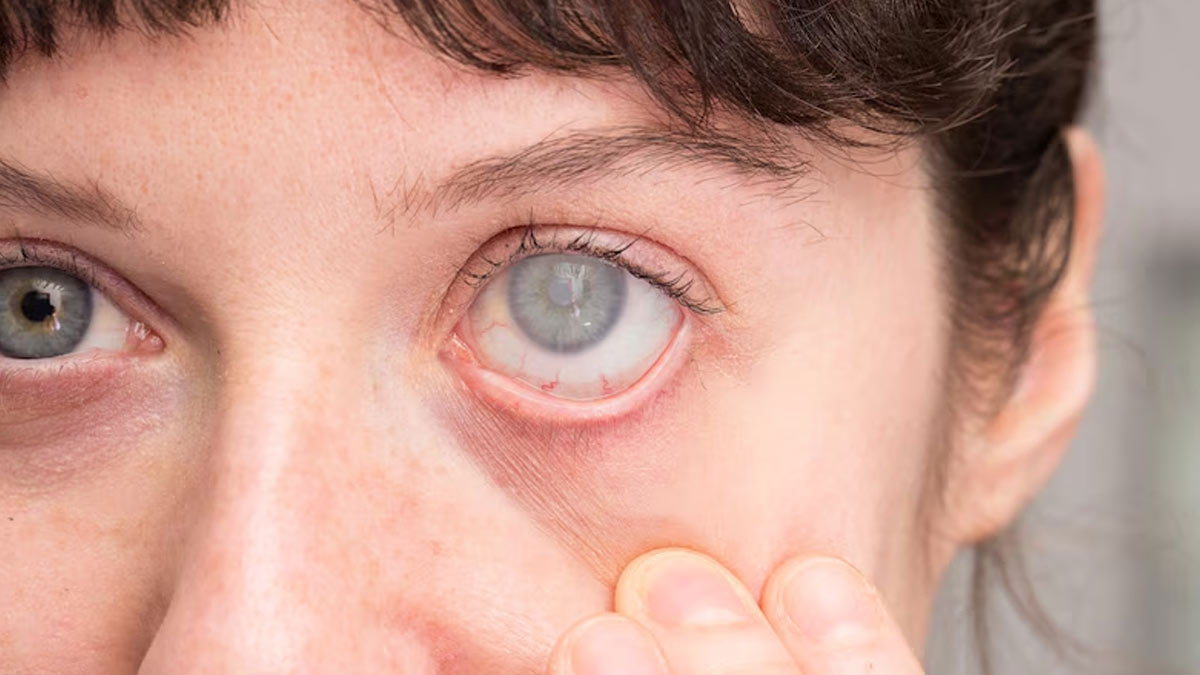
Cataract, the clouding of the eye’s natural lens, is a common age-related issue that can significantly impair vision. While cataract surgery is highly successful, individuals with diabetes may face unique challenges that require a more strategic approach to achieve optimal outcomes. Understanding the critical considerations and steps diabetic patients should take is essential for ensuring successful cataract surgery and a smooth recovery.
Table of Content:-
To understand how cataract and diabetes are linked and how can diabetic individuals prepare themselves before getting cataract surgery done, OnlyMyHealth spoke to Dr Supriya Sriganesh, Executive Director, Nethradhama Super Speciality Eye Hospital, Bengaluru.
Understanding the Link Between Cataract and Diabetes
Dr Sriganesh said, “Diabetes disrupts the body’s ability to regulate blood sugar, affecting various systems, including the eyes. Persistently high blood sugar levels can accelerate cataract formation and increase the risk of complications during and after surgery.” Adding she said, “Diabetic patients are also at a higher risk of developing diabetic retinopathy, a condition that damages the blood vessels in the retina.” These factors underscore the need for a proactive management plan for diabetics considering cataract surgery.

Achieving the best possible outcomes for cataract surgery in diabetic patients requires collaboration among the patient, ophthalmologist (eye surgeon), and endocrinologist (diabetes specialist). Key strategies include:
Metabolic Control
Effective blood sugar management is crucial. Keeping levels within the recommended range creates a favourable environment for surgery and healing. This involves a combination of diet, exercise, and medication. Discuss ongoing diabetes medications with your doctors; adjustments or temporary changes may be necessary to ensure optimal outcomes. Uncontrolled diabetes can lead to faster cataract progression, higher infection risk, and delayed recovery.
Also read: Can Cataract Be Prevented? Doctor Shares Tips To Avoid It
Comprehensive Eye Evaluation
Your ophthalmologist will assess the severity of your cataracts and the health of your retina to determine suitability for surgery. Dr Sirganesh said, “Advanced imaging techniques, such as optical coherence tomography (OCT), provide detailed analysis. This helps plan the best surgical approach and anticipate potential challenges. Specific types of cataracts, known as diabetic-related cataracts, can be more complicated to operate on than normal cataracts.”

Optimising Overall Health
Dr Sriganesh emphasised on managing pre-existing conditions like high blood pressure or cardiovascular disease. “A healthy baseline enhances surgical safety and supports smoother recovery,” she said. Work with your primary care physician to address any underlying health issues.
Specialised Lens Selection
“Choosing the appropriate intraocular lens (IOL) for cataract surgery is crucial and should be tailored to the patient's level of diabetic control. Patients with advanced diabetic retinopathy may not be candidates for certain lenses, such as multifocal lenses,” Dr Sriganesh advised. It is essential to discuss with your ophthalmologist the IOL options best suited for diabetic patients, including those designed to reduce inflammation or provide UV protection.
Also read: Beware Of Post-Cataract Surgery Infections: Expert Shares Tips To Follow
Pre-operative Retina Check
“If diabetic retinopathy is present, pre-emptive treatment or additional interventions may be recommended before or after surgery to minimise risks. This might include laser treatments or injections,” Dr Sriganesh explained. The retina specialist will determine if any intervention is required before the cataract surgery or if it can be combined with the cataract surgery as a combined procedure.

Regular Check-ups
Keep follow-up appointments with your ophthalmologist and endocrinologist to monitor your progress and address any concerns promptly. Educate yourself about the cataract surgery process and what to expect. The more you know, the better prepared you will be.
Surgical Considerations and Post-Operative Care
On the day of surgery, meticulous protocols are in place to ensure safety and success. Your surgical team will take extra precautions to monitor your blood sugar levels and manage potential complications.
Regular follow-up appointments are crucial for diabetic patients to ensure proper healing and monitor for potential complications. Your ophthalmologist will check for signs of infection, inflammation, and other issues that might require prompt attention. In the long term, the chances of retinal edema, macular edema, and inflammation in the eye are higher, so yearly check-ups after cataract surgery are mandatory.
Conclusion
Cataract surgery can improve vision for diabetic patients, allowing them to regain their quality of life. By adopting a strategic pre-surgical approach, meticulous post-operative care, and ongoing diabetes management, patients can achieve optimal outcomes and enjoy clear vision. Open communication and collaboration with your healthcare team are key throughout this journey. By taking a proactive and informed approach, one can pave the way for a brighter future with enhanced vision and improved quality of life. We at Nethradhama are committed to providing specialised care and guidance to ensure the best possible outcomes for our diabetic patients undergoing cataract surgery.
Also watch this video
How we keep this article up to date:
We work with experts and keep a close eye on the latest in health and wellness. Whenever there is a new research or helpful information, we update our articles with accurate and useful advice.
Current Version